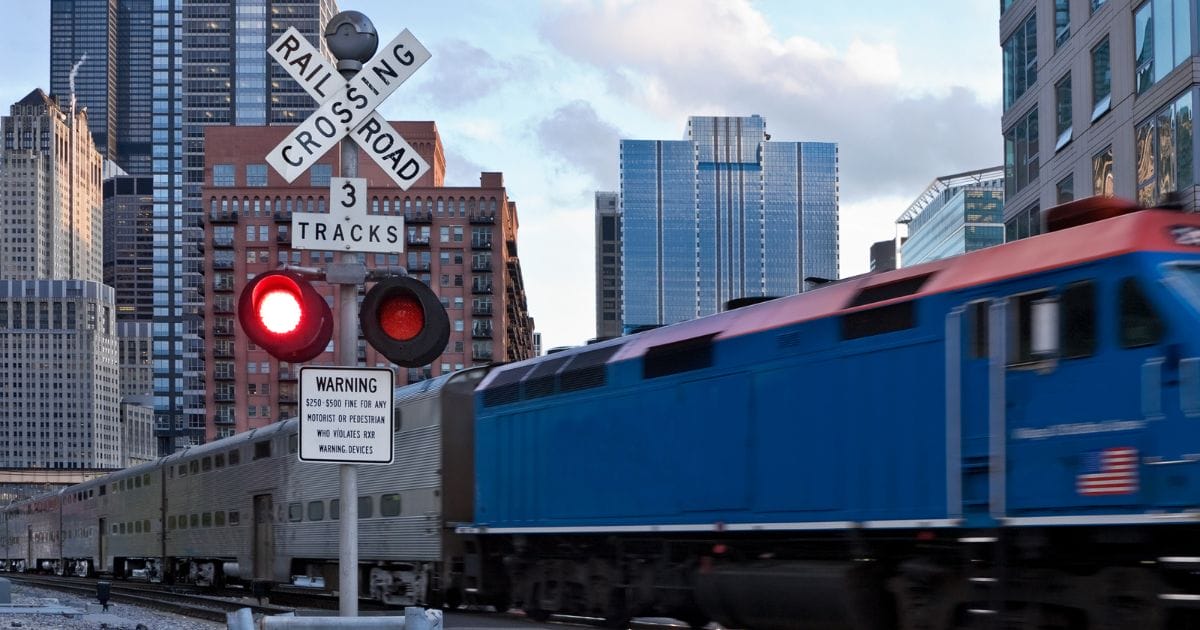The Metra Board of Directors recently approved a 2023 operating budget of $980 million that calls for continuing the $100 flat-rate “Super Saver” Monthly Pass to the end of 2023. The Board also approved more than half a billion dollars in new capital investments.
Preferring to keep fares simple and affordable, the Board voted to maintain the current fare prices and products, including the promotional $100 Super Saver pass and the $10 and $6 Day Passes.
“We hope that these flexible and affordable fare products will continue to draw former and new riders to our system and continue to grow our ridership” said Metra CEO/Executive Director Jim Derwinski. “Part of our commitment to My Metra riders is to offer service and fares that meet their evolving needs.”
The $980 million operating budget is $80 million, or 8.9%, higher than the 2022 amended budget. The increase is due to inflationary and contractual cost increases, higher expenses incurred by restoring service and headcount levels to pre-pandemic levels, and costs associated with capital projects and strategic initiatives.
The operating budget forecasts system-generated revenue (mostly fares) of $216.0 million and regional transportation sales tax revenue of $523.6 million. The forecast for fares is based on a projection that ridership will start the year at about 40% of pre-pandemic (2019) ridership and finish the year at about 55% of pre-pandemic levels.
The remaining $240.4 million will be covered with federal COVID-relief funding. Metra received nearly $1.1 billion in three rounds of relief funding and has $599.2 million remaining at the start of 2023. It expects the relief funding to run out in 2025, requiring additional funding or budget actions.
Metra’s 2023 budget for capital calls for $504.6 million in new investment. About 67% of the budget will fund large-scale projects, including:
- Station reconstruction: $119.5 million
- Railcar rehabilitation and purchase: $70.8 million
- Program management: $38.6 million
- Locomotive improvements: $33.3 million
- Bridge replacement and rehabilitation: $32.1 million
- Ticket vending machines: $24.6 million
- Interlockings: $21.4 million
The Capital Budget is funded by:
- $252.5 million in federal formula funding, a nearly 30% increase from 2022 levels
- $30.8 million in Congestion Mitigation and Air Quality Improvement and other federal funding
- $73.8 million in Illinois PAYGO funds
- $12 million in Illinois Multi-Modal Transportation Bond funds
- $500,000 from the Illinois Department of Commerce and Economic Opportunity (IDCEO)
- $5 million from Cook County
- $130 million in RTA bonds






